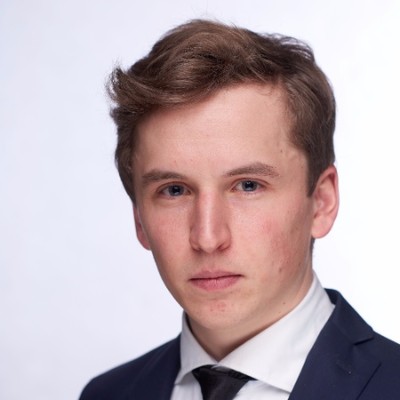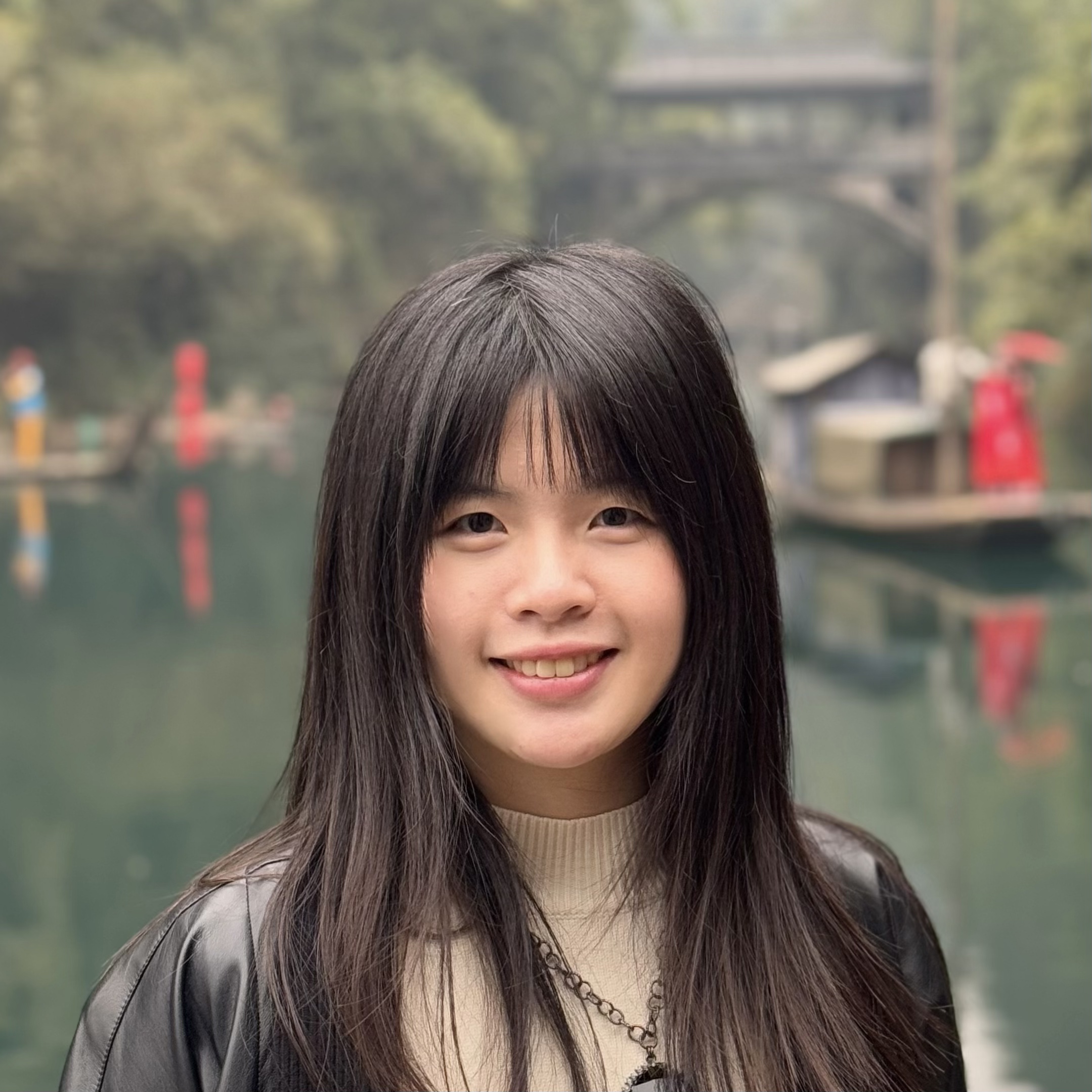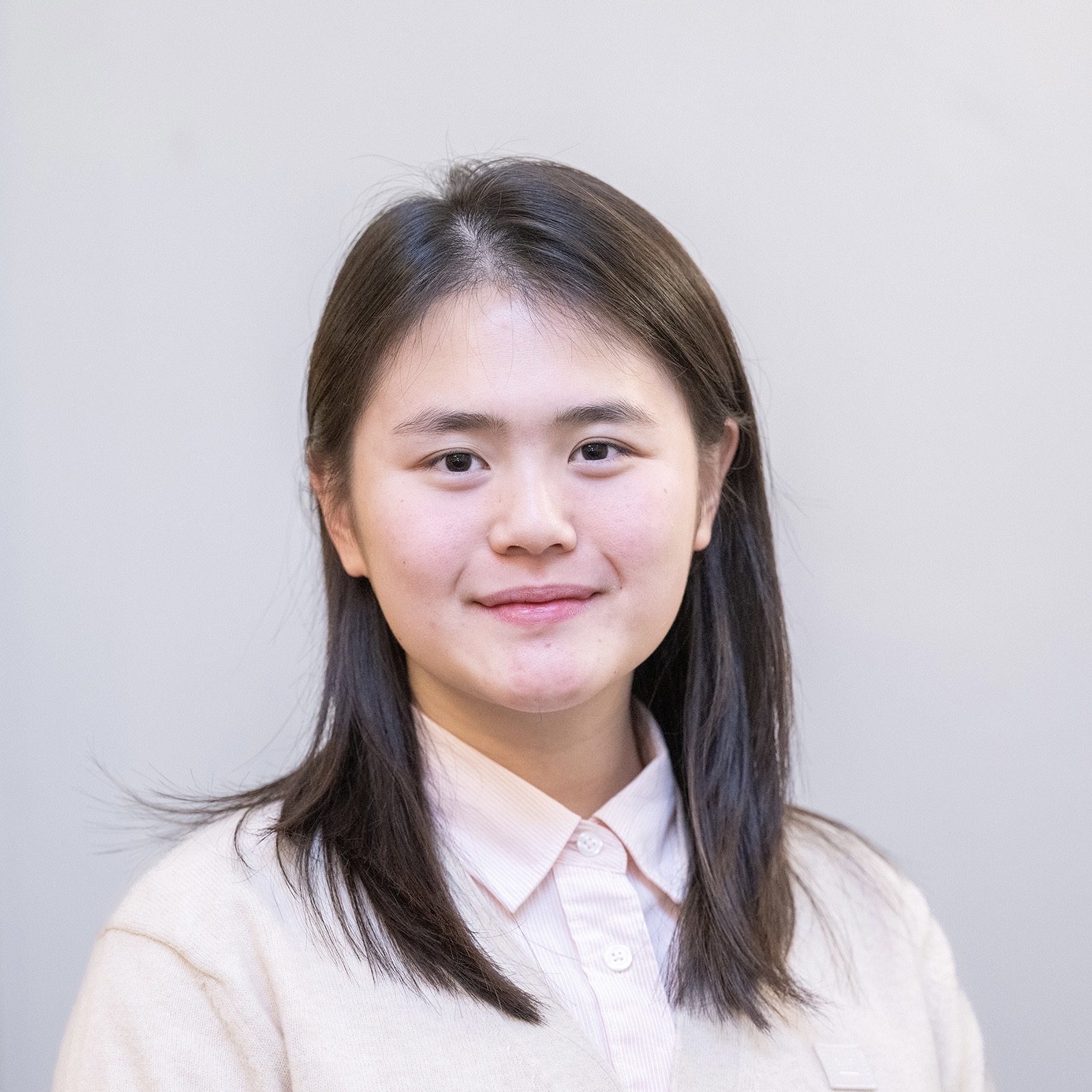We are a group of computational social scientists seeking to understand the fundamental dynamics, regularities, and uncertainties of science and innovation. By blending approaches from data and complexity sciences to sociology and economics, we tackle questions such as when breakthroughs happen, who makes them, and why some ideas take off while others fail. This research agenda not only improves our ability to forecast and accelerate scientific progress, but also sheds light on broader phenomena in complex social systems, from artistic and cultural productions to public policy, from media attention to market competition to human conflict.
If you are interested in working with us:
We are looking for motivated PhD student(s) who have strong interest in pursuing research careers in the areas of Network Science, Data Science, and Computational Social Science. If you are interested, apply to our PhD program in Cornell Information Science. Please feel free to email me (yy994 [at] cornell.edu) your CV with subject heading (your name) — PhD when you apply, so that I can make sure to review your application materials. We currently have one open position for Postdoctoral Fellow. The successful candidate must hold a PhD or expected PhD in Computational Social Science, Applied Mathematics, Physics, Computer Science, Economics, or a closely related field by the start of the position. Interested candidates must submit to Yian Yin (yy994 [at] cornell.edu) with subject heading (your name) — Postdoc, containing: 1) cover letter, describing your interest in and qualifications for this position; 2) CV (including publications list); 3) the name and contact information of three references. We are currently focused on problems in science and innovation, but are also broadly interested in a variety of complex social systems, such as social networks, human dynamics, and cultural productions. Interested candidates are also strongly recommended to apply to the positions at the Cornell Center for Data Science for Enterprise & Society and mention me as your faculty advisor. If you are an undergraduate/graduate student at Cornell and interested in working with us, please feel free to email me (yy994 [at] cornell.edu) your CV with subject heading (your name) — Cornell undergraduate/graduate RA, and mention your training and experience in data science and network analysis. Given the complexity of our project, we expect you to commit to at least 6 months and 10 hours per week.PhD applicants
Postdoc opening
Research opportunities for Cornell students
Group members

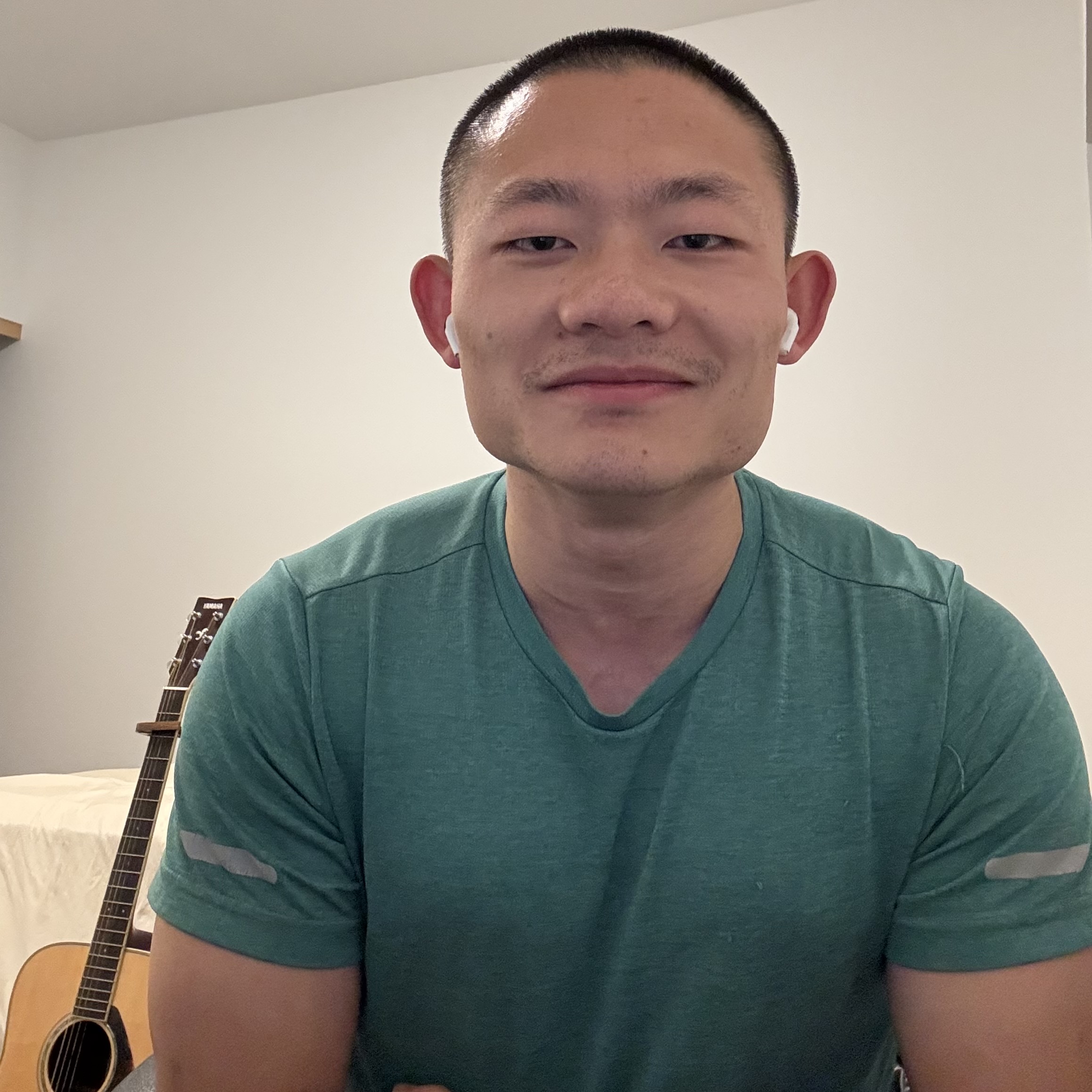
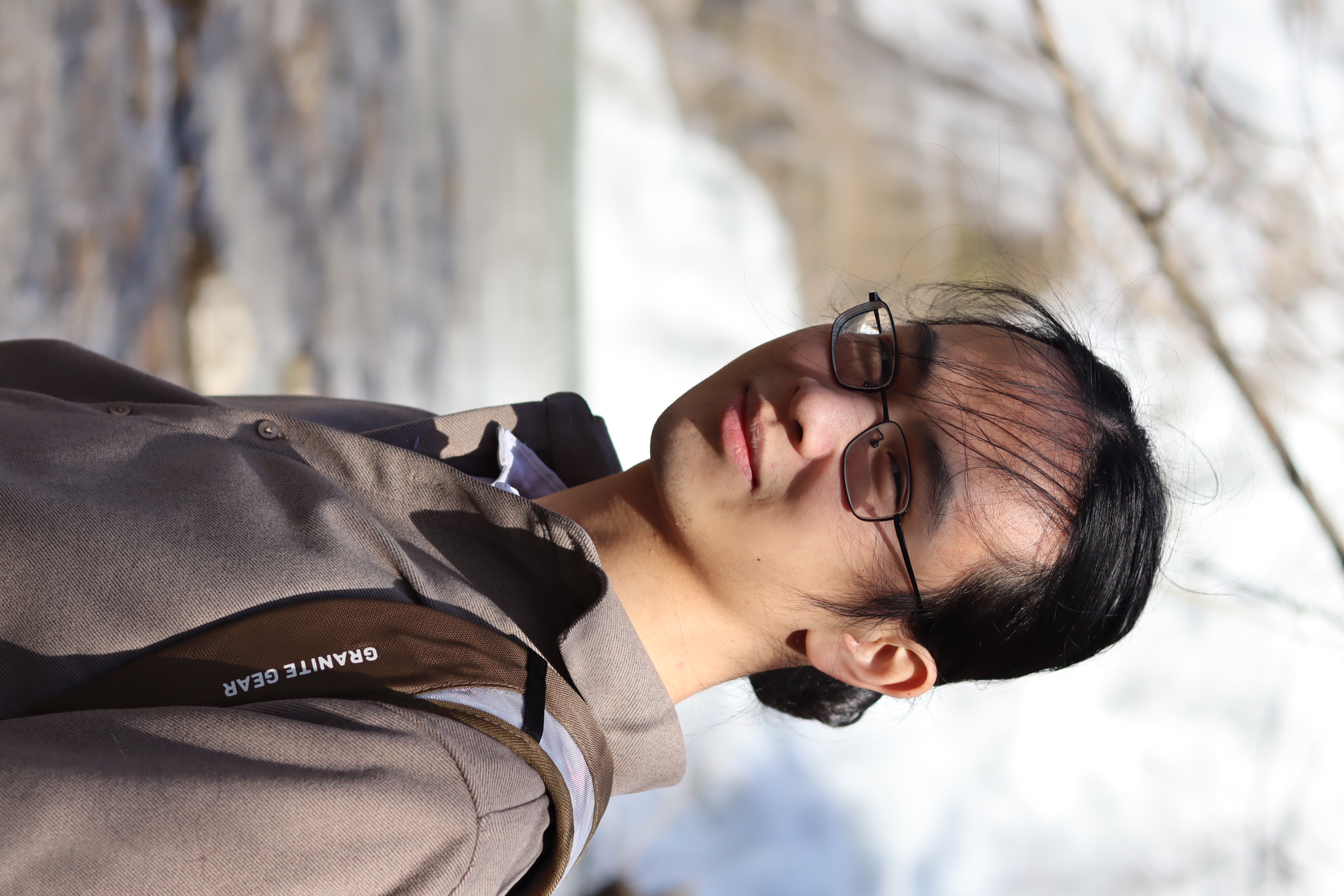
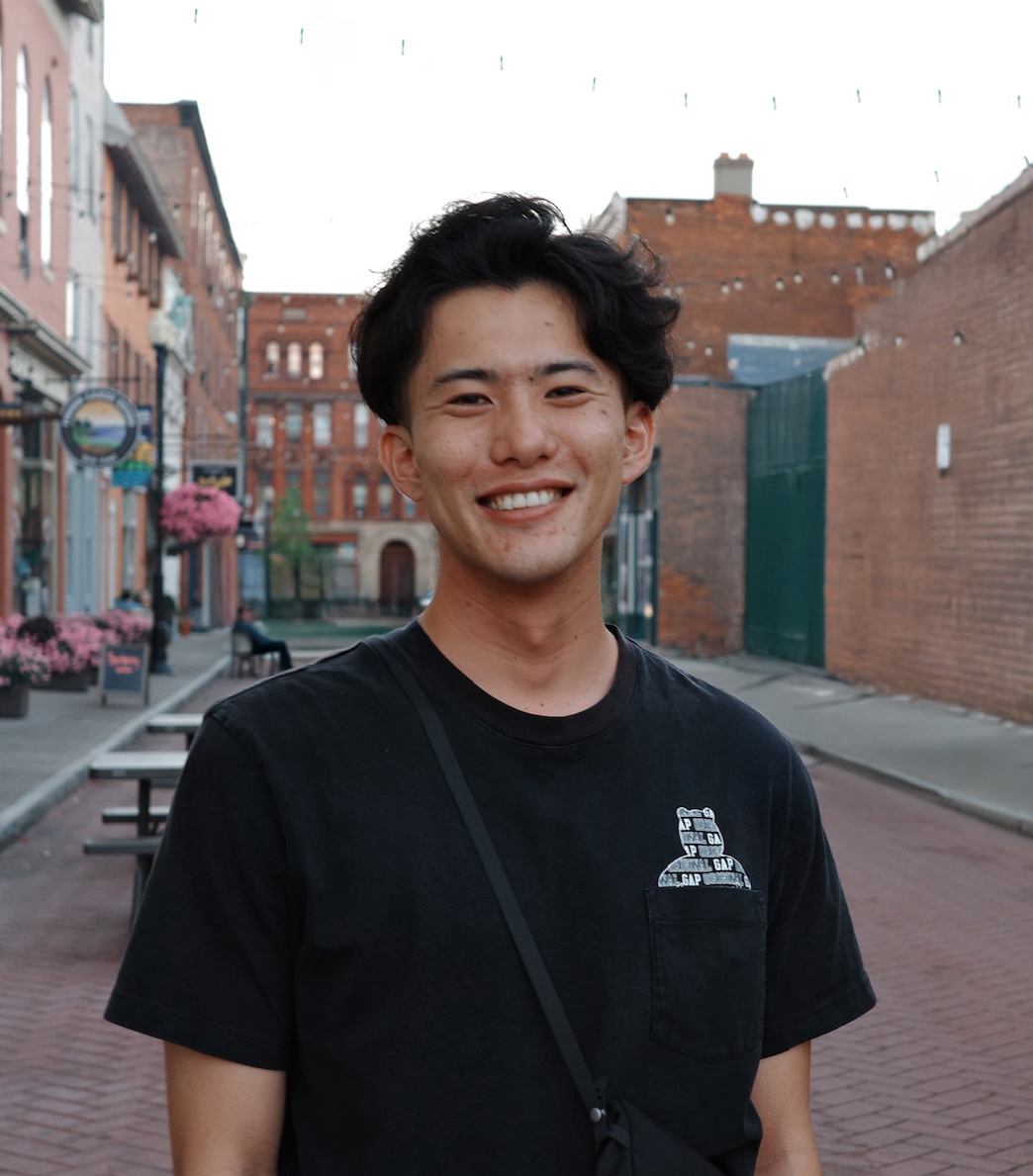
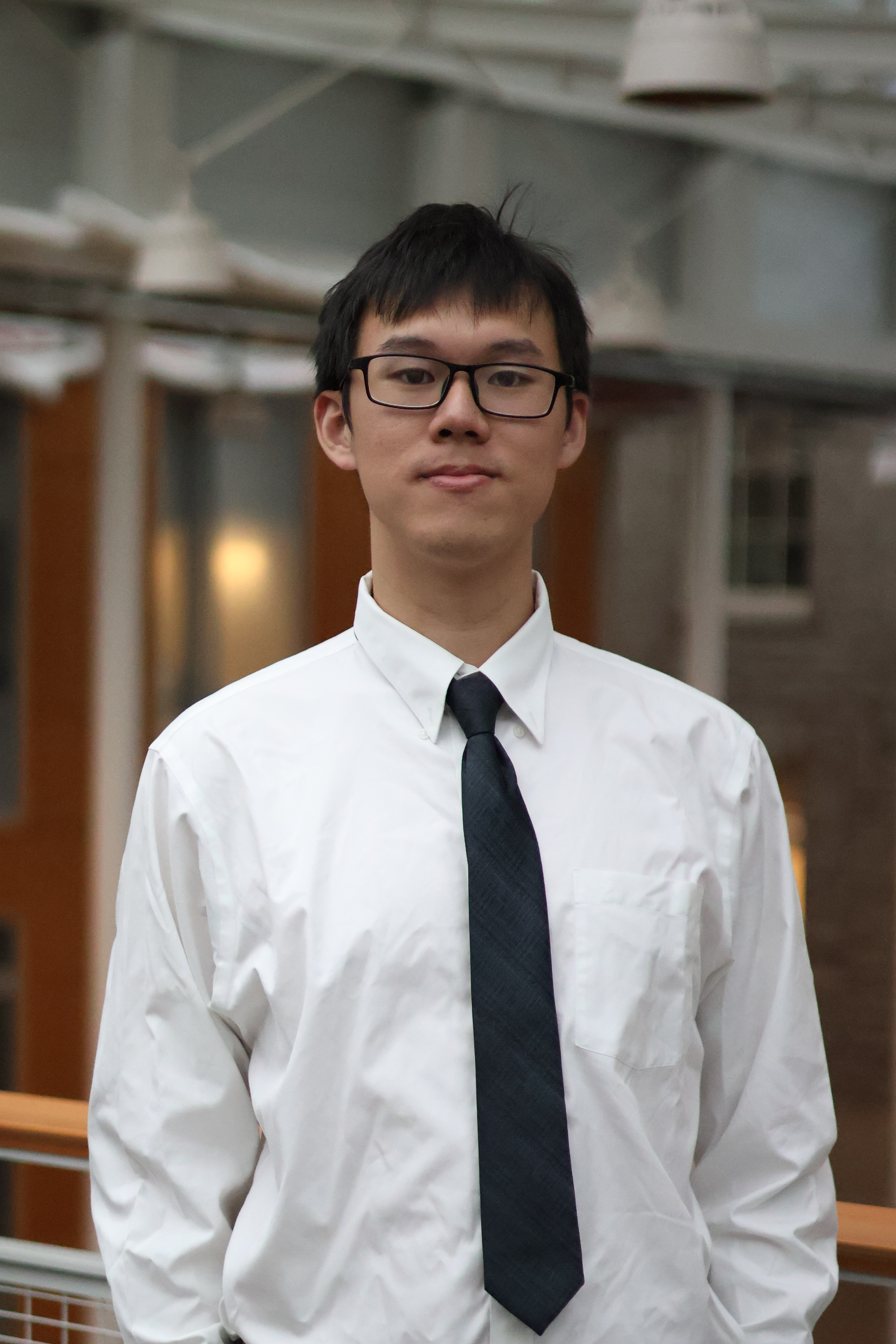
Alumni
